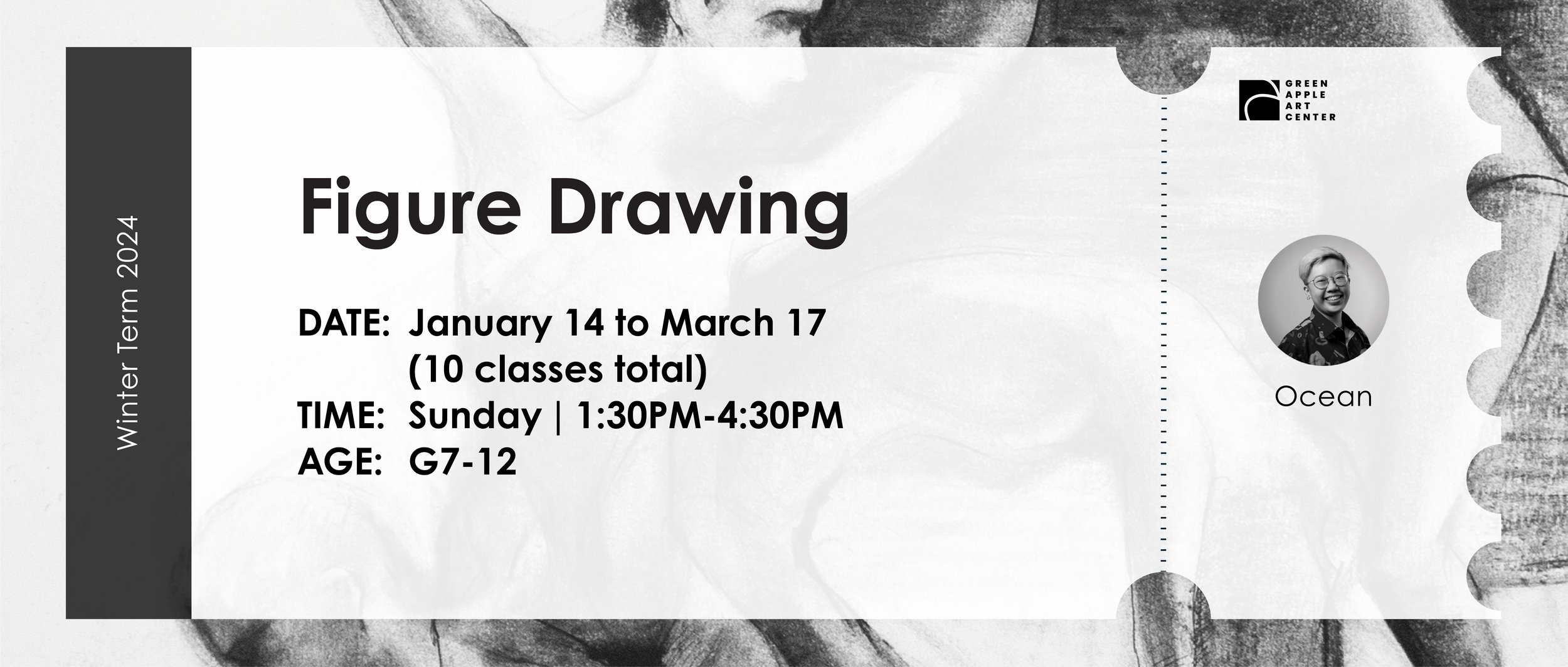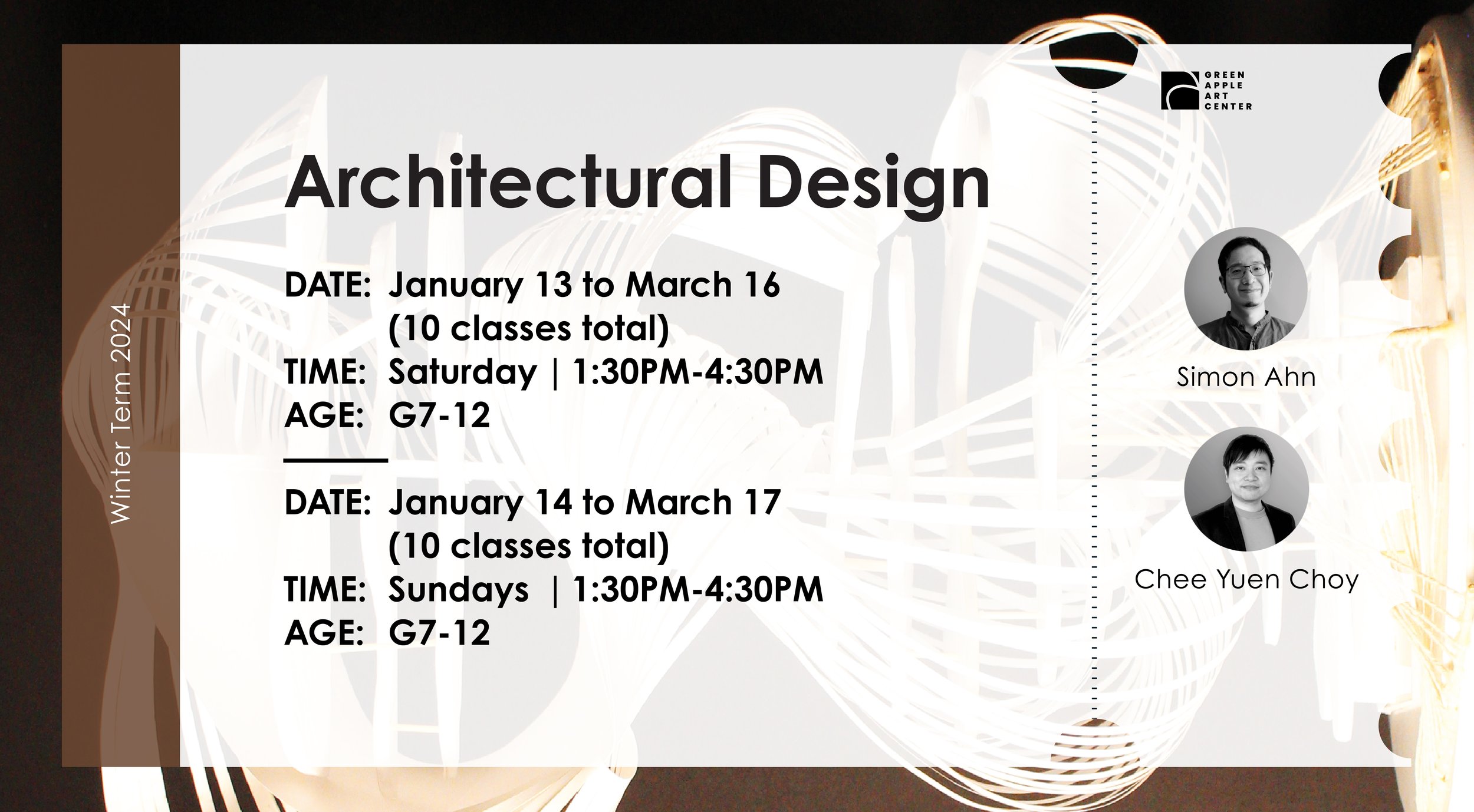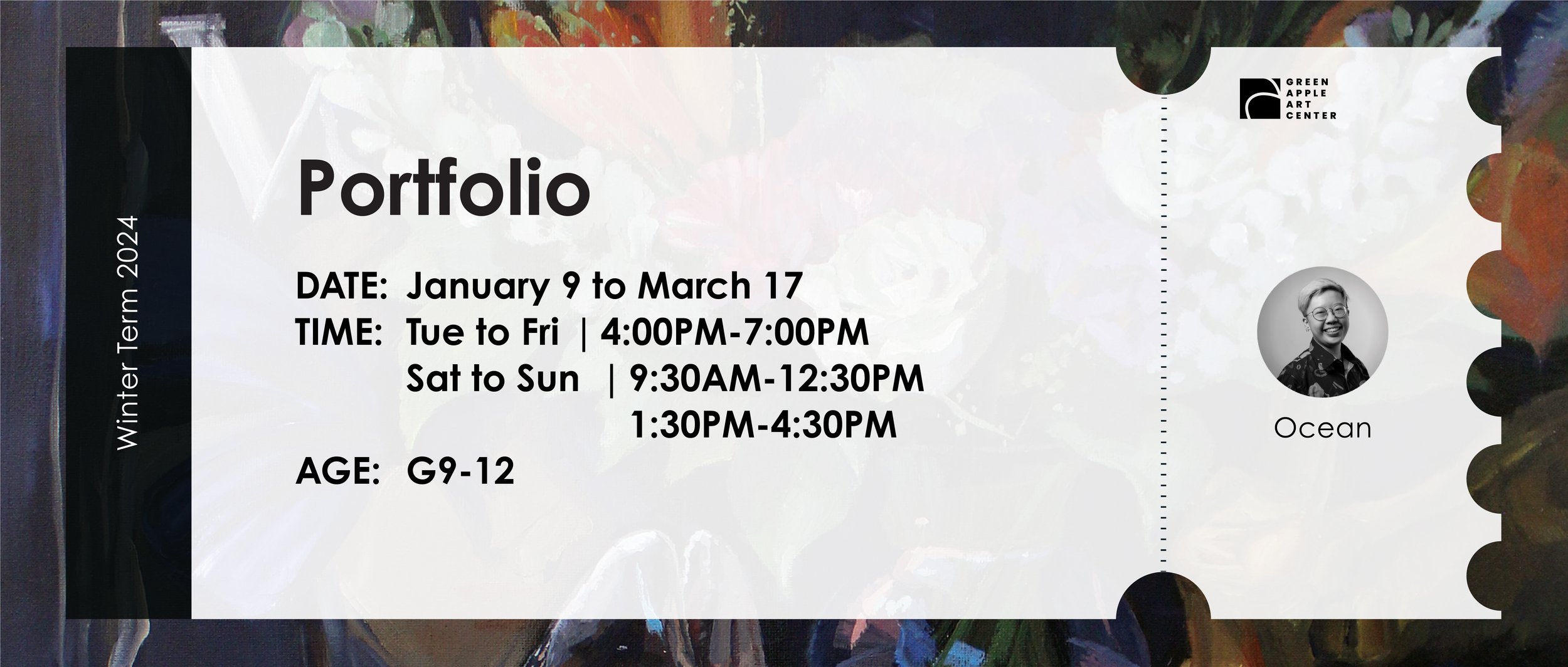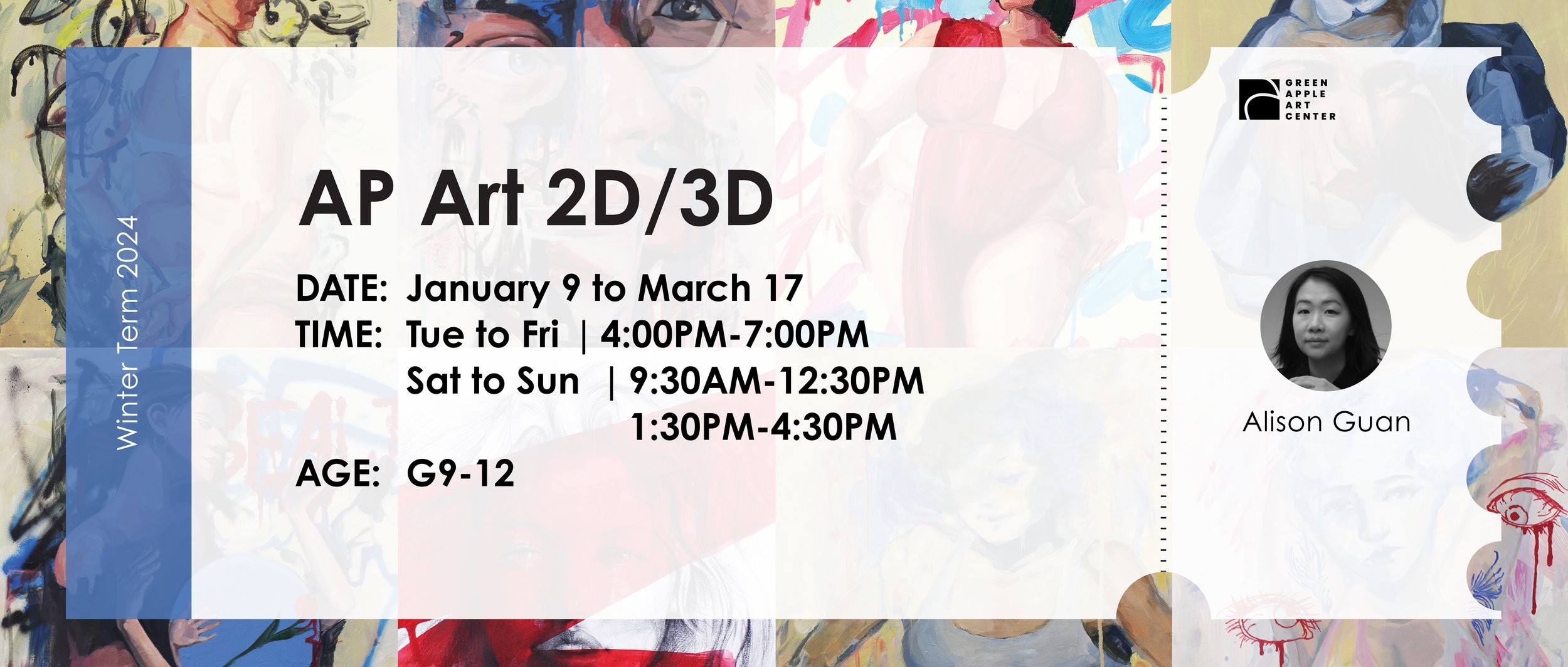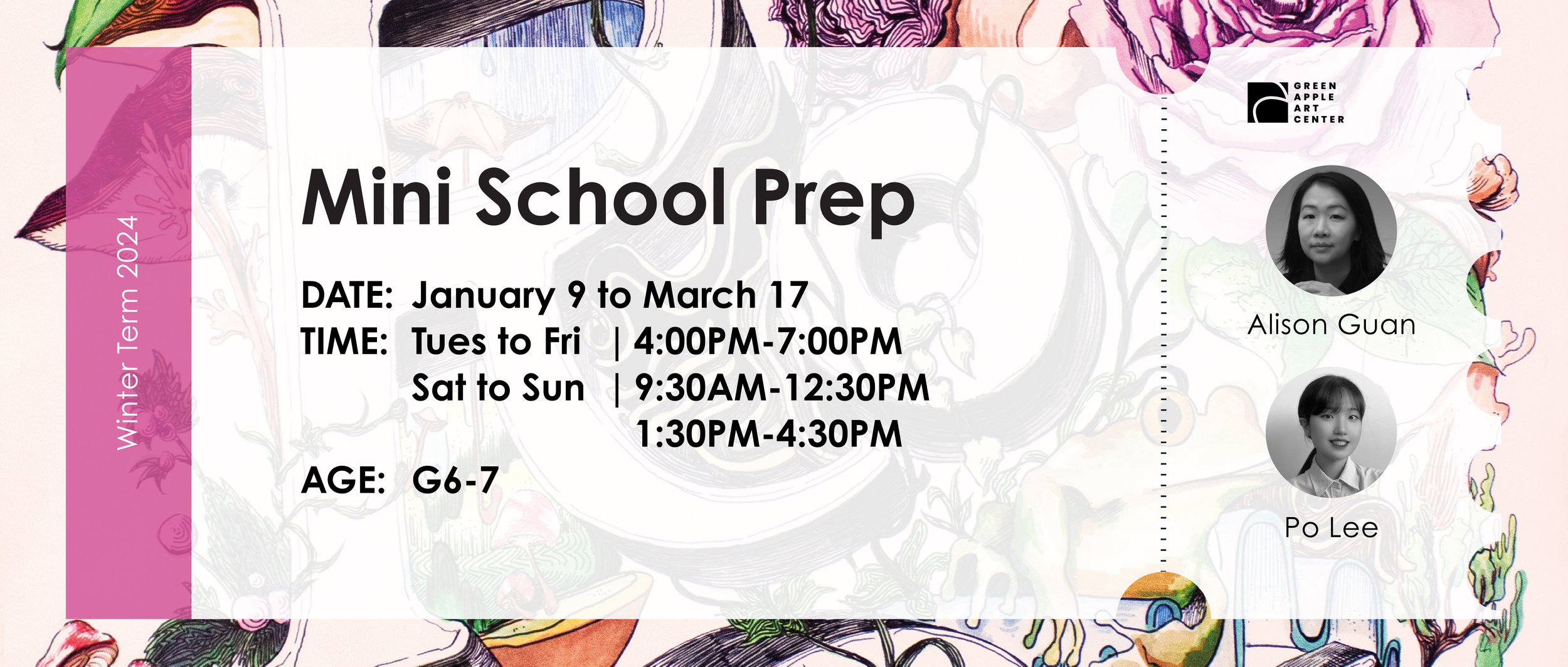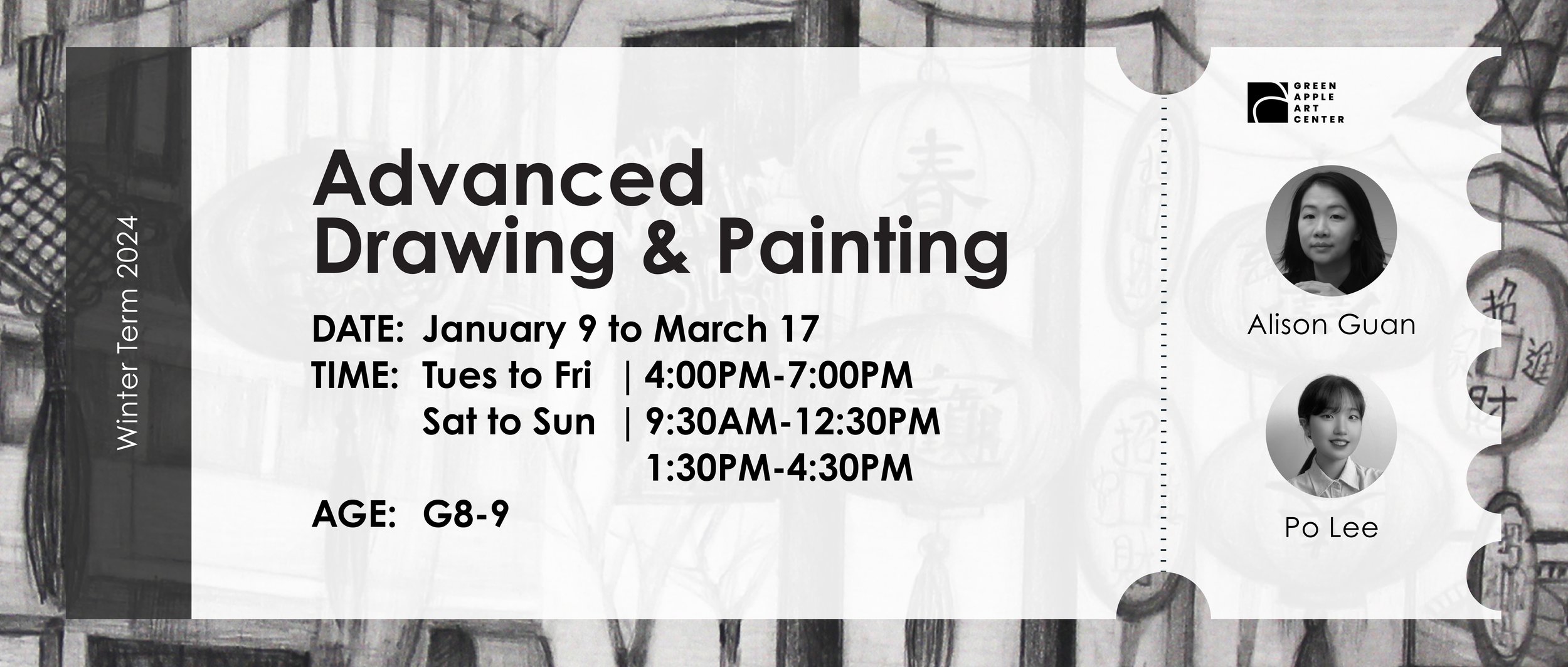Break the chill on a cold winter day and create unique and imaginative works of art through the magic of brushes, paints and various media. Let us ignite the spark of creativity this winter and let the light of art warm the hearts of students. Hurry up and sign up for the winter art course and start an amazing art journey together!
01
Winter Term Featuring Programs
This winter, we have three new featuring programs, including character design, the Science Without Boarder drawing competition, and Art Vancouver.
Last year our classmate Anna stood out in the Science Without Borders competition, and her salmon watercolor work also won a good ranking. At the same time, the annual Vancouver Art Fair will also return in mid-April. We look forward to more surprises that students will bring us this year!
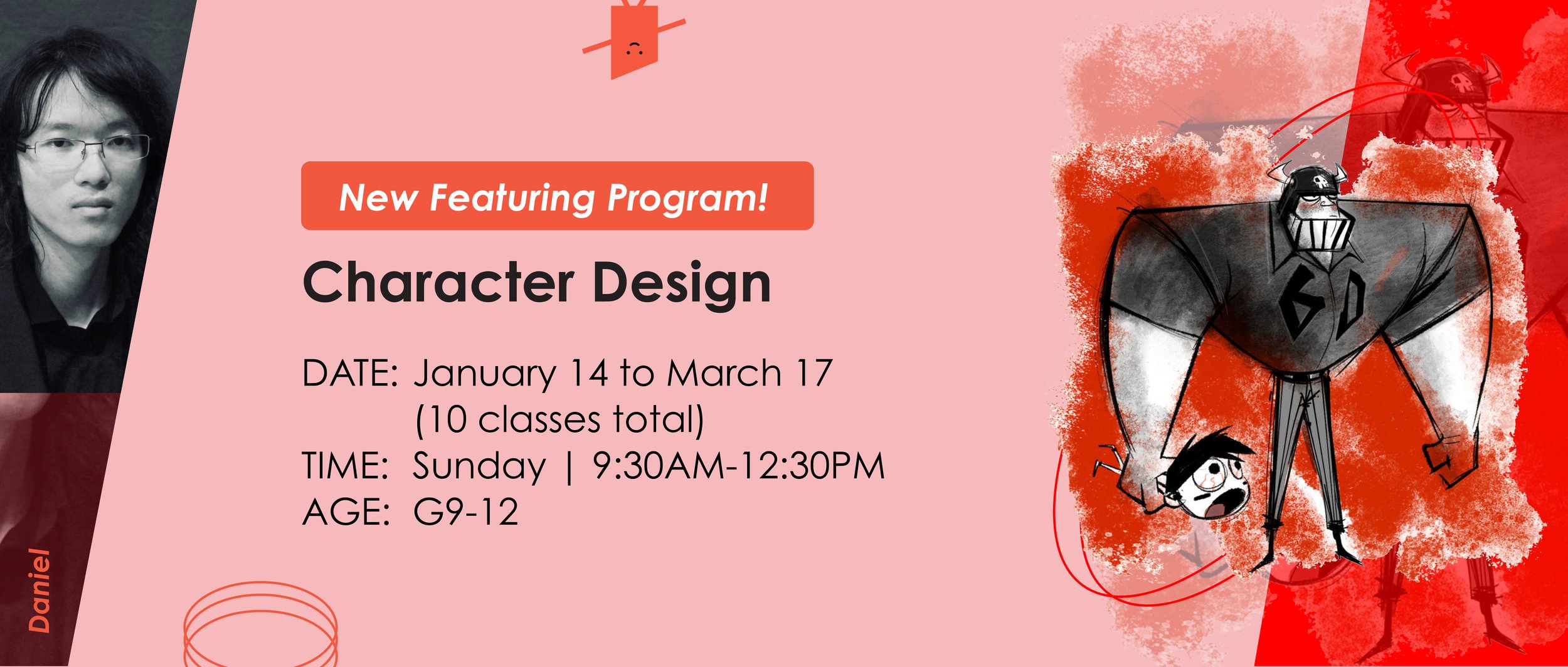
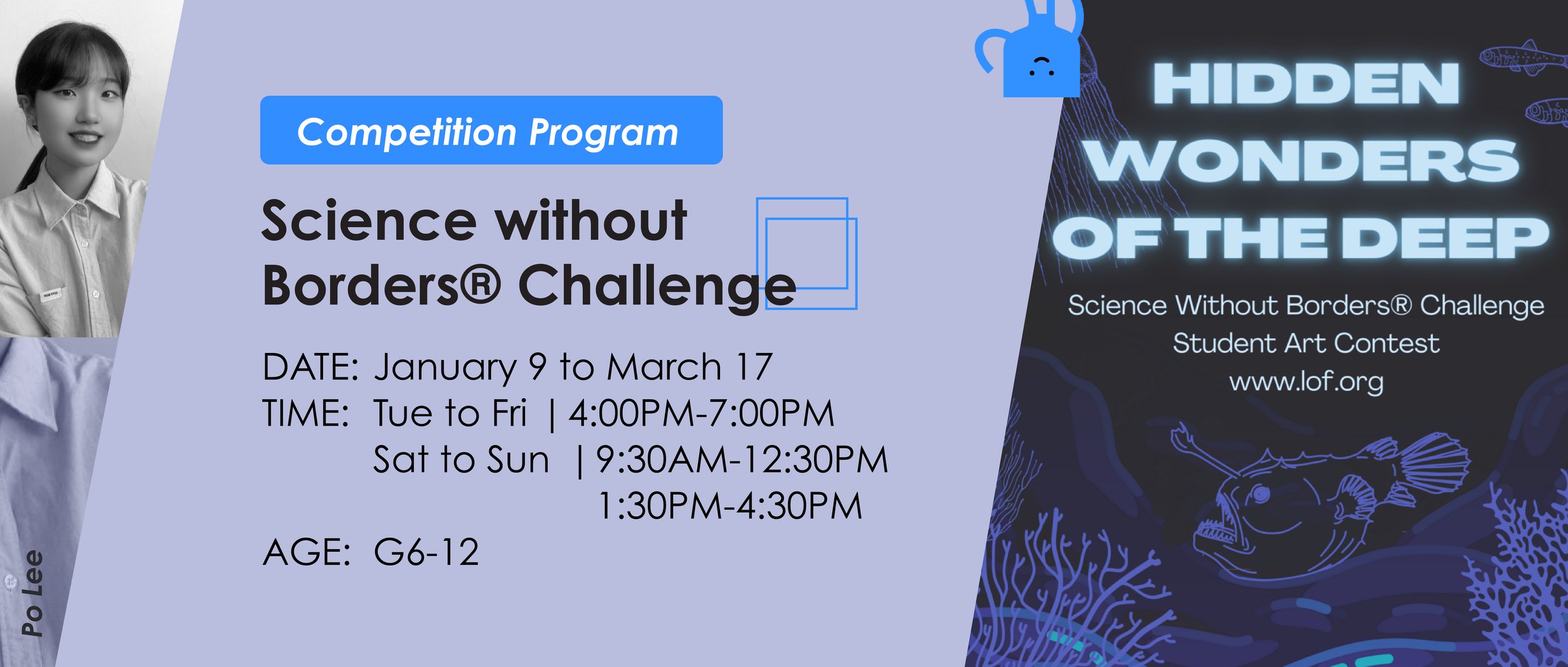
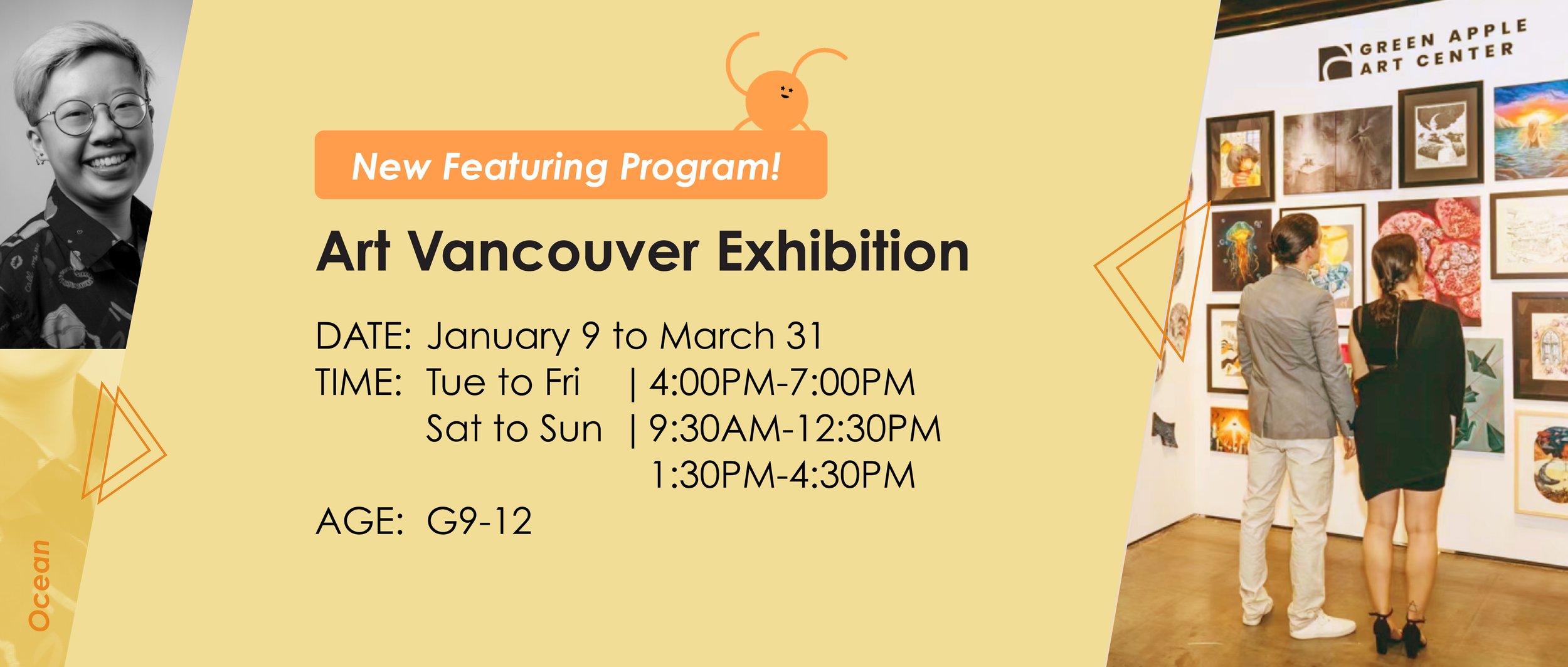
02
Yearly Programs
After the application season is about to pass, students will turn their attention to the upcoming AP Art exam. Of course, the portfolio and basic exercises cannot be left out either. In this winter, why not pick up the paintbrush together and join the army of artistic creation.
03
Professional Programs
The Life Drawing course is an art course focused on depicting and understanding human form, structure, and proportion.
Anatomy and Proportion: The life drawing course focuses on anatomy knowledge and teaches students to depict the structure of various parts of the human body and ensure accurate proportions.
Lines and Shadows: Students learn to use lines and shadows to express the contours, volume and texture of the human body, and develop sensitivity to the relationship between light and shadow.
Artistic Skills: Through different artistic techniques such as sketching, drawing, watercolor, etc., students are able to express the beauty of the human body in a variety of ways.
Observation and details: Life drawing emphasizes students’ observation of details and improves their artistic perception and expression abilities.
Architectural design courses focus on developing students' design skills and creativity in the field of architecture.
Design Principles: Students learn the basic principles of architectural design, including space planning, structural design, functional layout, etc.
Software skills: Courses often include training in the use of computer software, allowing students to use digital tools for architectural design.
Project Practice: Students may work on real-world projects, ranging from simple residential designs to complex commercial buildings, to apply what they have learned.
Sustainability considerations: Architectural design curricula are modernized, often addressing sustainability and green building principles, and developing students' concerns about environmental impacts.
Architectural Theory: Students learn about architectural history, theory, and current design trends to develop a comprehensive understanding of architecture.
